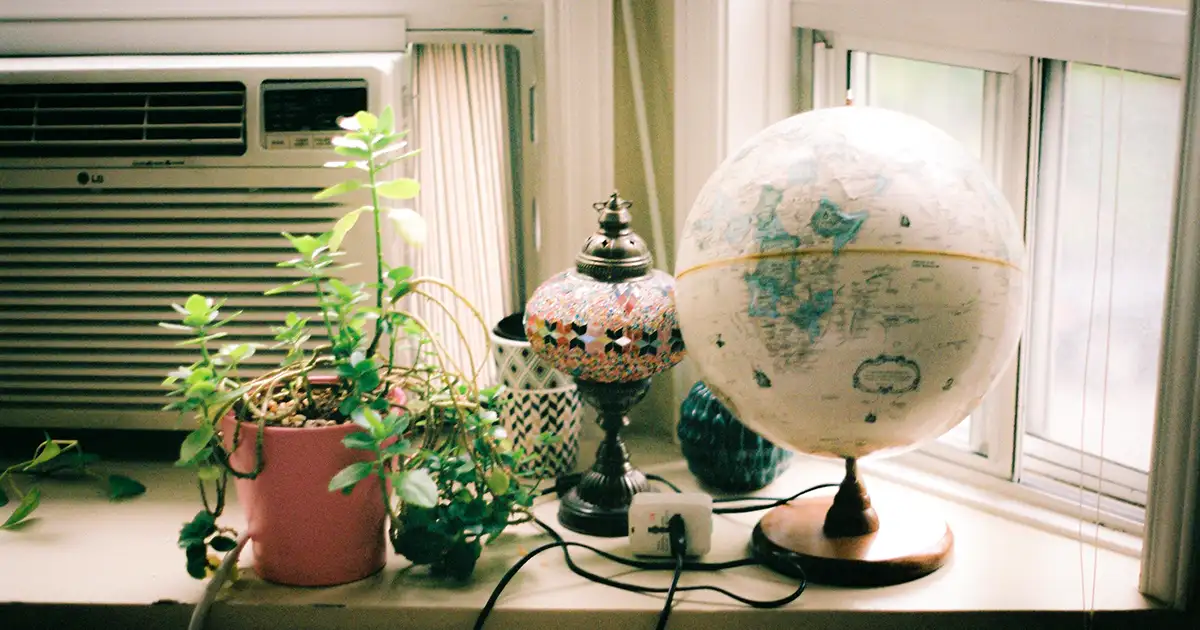Are you aware that HVAC systems do more than regulate temperatures by keeping us cool in summer and warm in winter? HVAC systems have a fascinating history and unique features you may not know about. For our very first blog post, we have compiled 20 fun facts that will change your perspective on HVAC systems.
- From Hypocaust to AC: The first heating system dates back to 350 BC and was built by the Romans. This system was called the Hypocaust and directed heat from a furnace through the floor and pipes in walls. The first air conditioner was invented in 1902 by Willis Carrier to control humidity for a printing plant. In 1913, Charles Gilbert Gates built the first residential air conditioner in Minneapolis, MN.
- AC Revolution: The Milam Building in San Antonio, TX, was the first fully air-conditioned office building in the late 1920s. However, in 1965, only 10% of American homes had air conditioning, which increased to 93% by 2017.
- Game-Changing Invention: African-American inventor Alice H. Parker filed a patent for a heating system in 1919 that provided central heating and led to the forced air furnace and thermostat used in homes today.
- Sizzling Classrooms: Most schools and government buildings in the early to mid-1900s didn’t have air conditioning, so they had to close during the summer due to the sweltering heat indoors.
- Cinematic Comfort: Movie theaters were among the first businesses to have air conditioning in the 1930s, introducing people to the comfort that air conditioning provides.
- Changing Home Design: Air conditioning’s widespread adoption in the 1930s significantly impacted architecture. Homes were designed with smaller windows, lower ceilings, and fewer porches, making it easier for occupants to stay indoors year-round.
- Melting Resilience: According to scientific studies, our reliance on air conditioning has reduced our ability to handle extreme heat, making it difficult to acclimate to hot weather.
- A Simple Secret: Changing your air filter every month is the best and easiest thing you can do for your air conditioner. Accumulated dirt can clog the filter, trap harmful contaminants, and reduce performance and efficiency by restricting airflow.
- Healthy Home, Happy Life: A well-ventilated HVAC system helps keep allergens, mold, and bacteria out of your home, improving health.
- Save Energy, Save Money: Running your heater wastes energy when not needed. Turning off the unit when not at home or installing a programmable thermostat can make selecting times to save energy easier.
- Wrap It Up: Adding insulation and caulking around doors and windows can make your home 30% more energy-efficient.
- More Harm Than Good: Shutting a vent only cuts air flow to the room it serves, and the same amount of air still circulates in the system. Closing vents can put pressure on ductwork and critical HVAC components, resulting in more damage and repair bills than any energy savings you tried to achieve.
- Breaking the Bank: Energy bills are a significant expense for American households, with heating or cooling their homes accounting for half of the total cost.
- Don’t Get Burned: Blown fuses, capacitors, tripped breakers, and damaged electrical wiring can often lead to an air conditioning breakdown. Tampering with the system can result in fire, shock, or electrocution, so it’s always best to contact a professional.
- Take a Chill Pill: Air conditioning plays a crucial role in the pharmaceutical industry, as some medications require a cool environment for production and storage.
- Cool Connection: HVAC systems also save lives, as suicide rates increase with heatwaves, and people without access to cooling are more likely to die.
- Productivity Thermometer: Studies show that employees work better when the temperature is neither too hot nor too cold, and the ideal temperature for productivity is around 71 degrees Fahrenheit.
- Energy Drain: The United States consumes as much energy to cool homes and businesses as the entire continent of Africa uses for all its power needs.
- Flipping the Script: Contrary to popular belief, cooling has a much smaller carbon footprint than heating, with the average American household using 40.4 million BTUs for heating and only 9.3 million BTUs for cooling annually.
- Hot and Heavy: Over the next 30 years, demand for air conditioning is expected to triple, with analysts predicting that 5.6 billion buildings will have air conditioning by 2050. That means consumers must buy ten new air conditioners every second for 30 years to meet the demand, equivalent to 600 air conditioners every minute and 3,600 air conditioners every hour.
Living in West Texas, we know how crucial HVAC systems are for our daily lives. With scorching summers and frigid winters, a properly functioning HVAC system can make all the difference in staying safe and comfortable.
Having a reliable HVAC professional to maintain and service your system can provide peace of mind heading into the summer. That’s where Consumer Air comes in! We offer comprehensive services for all your HVAC needs, ensuring your system functions efficiently and keeping you comfortable year-round.
Whether you need regular maintenance, emergency repairs, or anything in between… our team is ready to serve you. We take pride in our commitment to excellence, as we offer the finest service we can to our customers. Contact us today at (806) 777-1307!


